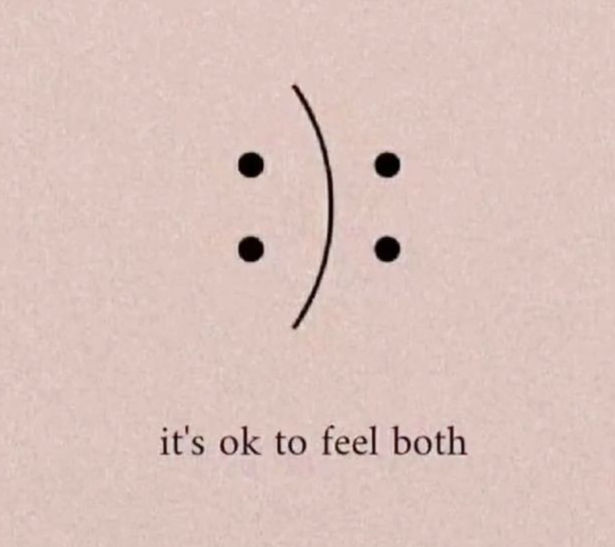Comfort, Conflict, and Growth
- alex stretton
- Sep 30, 2025
- 3 min read

Life is fair because it isn’t fair for anyone—it never has been, and it never will be. Life is what you make of it. You can either accept defeat and find peace in an imperfect existence, or keep fighting a miserable battle. But surely, some battles are worth fighting. Surely, if you want more than what you already have, it requires grit and an unwillingness to simply nod in silence.
But where is the line? When should you stay quiet, and when do you know which battles aren’t worth either triumph or defeat?
With so many different opinions, there’s no rulebook for what works. It’s personal. Good advice exists, but it often contradicts itself. It’s confusing—sometimes overwhelming. Perhaps the simplest way to put it is that every social class has its own rulebook, its own way of communicating solutions and ideas.
For example, someone with little education and an isolated life may struggle to accept open-minded claims. Their belief system is limited to personal experience and their own view of the world. Suggesting a wider range of perspectives might feel like an attack, invalidating their perception of reality. As seen in psychiatric cases, this can trigger emotions such as anger and frustration. It’s like telling someone the chair is brown when they clearly see it as blue. To them, it sounds insane—and frankly insulting to their intelligence. It may even feel disrespectful. And in the animal kingdom, disrespect suggests you’re not an alpha. If you’re not an alpha, your chances of survival decrease. So it’s natural for people to be defensive when their belief systems are challenged—it feels like a threat to their survival.
But humans are social creatures. Our purpose is no longer just reproduction and survival. We now live in a culture where life is for living, not just existing. This may mean fine dining, poolside sunbathing on a Jet2 holiday package, a Mercedes on finance, or that fancy Ninja double air fryer—just because Karen at work has one and won’t let anyone forget it. Our priorities have shifted, and this societal change has left many young people disoriented.
With two average incomes barely covering the basics, young people today struggle more than ever to get on the property ladder. So yes, small luxuries—like a new air fryer—can feel like a genuine win for the Monday-to-Friday office worker.
Perhaps the main goal for many should be finding a sense of purpose. Building real life skills, seeking out interesting experiences to share and connect with others—these things matter. They strengthen bonds. And as the old saying goes: It’s not what you know, it’s who you know.
But is it really? At what cost do we endure certain relationships? Opening up to people can be risky. Strangers can be useful—they might open doors, share valuable knowledge, or even broaden your perspective. But not everyone is good for you. Socially, we tend to cling to those most like us. We sit with familiar groups, bond over shared interests, and keep interactions comfortable. Even our body language relaxes—we don’t have to work hard to fit in.
But surrounding yourself with people who are more educated, more successful, and more respected pushes you. It challenges you. You may feel imposter syndrome. Your language becomes sharper, your posture straighter, your mind more alert. That’s growth. That’s development. That’s learning.
On the other hand, surrounding yourself with the wrong people for too long can be deeply damaging—to your mental health, relationships, finances, and your time on Earth. Life gives us choices. Some are dealt a bad hand, but there’s always room for change. Recognizing this early can save you a world of frustration later in life—when the path has already been laid.




Comments